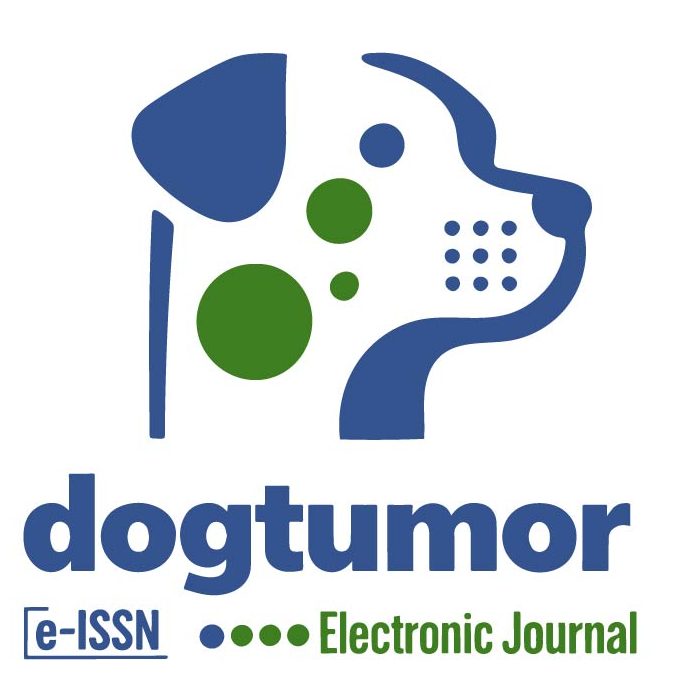Geriatric Oncology: Stunning Solutions for Senior Dog Cancer
Geriatric oncology, the specialized field focusing on cancer treatment in elderly patients, has become increasingly important in veterinary medicine as our canine companions live longer, healthier lives. Senior dogs, much like aging humans, face unique health challenges including a higher risk of developing various cancers. This growing awareness has prompted veterinarians and researchers to develop tailored approaches that prioritize quality of life while fighting cancer effectively. If you have a senior dog diagnosed with cancer, understanding geriatric oncology can empower you to make informed decisions about your pet’s care.
Understanding Geriatric Oncology in Canine Care
Geriatric oncology addresses the complexities of cancer in older dogs, who often have diminished organ function, other chronic conditions, and altered metabolism. Unlike younger dogs, seniors may not tolerate aggressive cancer treatments as well, making standard protocols less feasible. Thus, a nuanced approach is essential. This specialized care involves evaluating the dog’s overall health, cancer type, and progression to establish a treatment plan that balances efficacy with comfort.
Advances in veterinary medicine have introduced numerous options—ranging from traditional surgery and chemotherapy to emerging targeted therapies and palliative care techniques. A comprehensive geriatric oncology plan often incorporates supportive therapies aimed at reducing side effects and improving the pet’s quality of life, rather than focusing solely on aggressive tumor eradication.
Common Cancers Affecting Senior Dogs
Senior dogs are most commonly affected by several types of cancer, including:
– Lymphoma: One of the most frequent cancers in dogs, lymphoma affects the lymphatic system and can spread rapidly if untreated.
– Mast Cell Tumors (MCTs): These skin tumors vary widely in behavior, from benign to highly aggressive forms.
– Osteosarcoma: A malignant bone tumor predominantly seen in larger breeds.
– Hemangiosarcoma: A cancer originating from blood vessel cells, especially aggressive and often diagnosed late.
– Melanoma: Typically affects the oral cavity or skin and can be highly metastatic.
Recognizing symptoms early is crucial. Watch for lumps, swelling, unexplained weight loss, lethargy, or changes in behavior. Routine veterinary check-ups become especially vital in geriatric oncology to catch these signs promptly.
Diagnostic Advances in Geriatric Oncology
Diagnosis is the cornerstone of effective treatment in geriatric oncology. Dogs undergo a variety of diagnostic tests tailored to their age and physical condition, such as biopsies, blood tests, imaging (X-rays, ultrasound, CT scans), and sometimes advanced molecular testing to classify tumors more accurately.
One of the stunning solutions emerging is the use of liquid biopsies, a minimally invasive method detecting cancer DNA fragments in the bloodstream. This technology shows promise in identifying cancers early without subjecting frail senior dogs to stressful procedures.
Tailored Treatment Approaches
When it comes to treatment, geriatric oncology stands out for its patient-centered, tailored strategies focused on prolonging life without compromising comfort.
1. Surgery
Surgical options, though effective, require careful consideration in older dogs due to anesthesia risks. Minimally invasive techniques are increasingly used to reduce recovery times and surgical stress.
2. Chemotherapy
Chemotherapy in senior dogs is carefully dosed to minimize side effects such as nausea, immune suppression, and organ toxicity. Many oncologists now use metronomic chemotherapy—a low-dose, continuous regimen that helps control tumor growth with fewer adverse effects.
3. Radiation Therapy
Radiation therapy can be a powerful tool, especially for tumors that are difficult to remove surgically. Hypofractionated radiation—fewer, larger doses—may be preferred in geriatric oncology to reduce anesthesia frequency.
4. Targeted Therapies and Immunotherapy
Based on the tumor type’s molecular profile, targeted drugs or immunotherapies may be suitable. These treatments aim to attack cancer cells selectively, sparing normal cells and improving tolerance.
5. Palliative Care
Sometimes, the best option is palliative care, focusing on pain management, symptom relief, and quality of life enhancement. This includes medications, nutritional support, physical therapy, and complementary modalities like acupuncture.
Nutrition and Supportive Care: Vital Components
Effective geriatric oncology integrates supportive care throughout treatment. Proper nutrition tailored to encourage healing and maintain strength is essential. Diets rich in antioxidants, proteins, and anti-inflammatory ingredients can bolster immunity and combat cancer-related weight loss.
Hydration, pain management, and emotional support also play key roles. Owners are encouraged to work closely with veterinary teams to monitor their dogs, adjust therapies as needed, and maintain a nurturing environment.
The Emotional Journey: Supporting Senior Dogs and Their Families
A cancer diagnosis in a senior dog touches the entire family. The field of geriatric oncology acknowledges this by incorporating counseling, education, and ethical discussions about end-of-life care. Humane decisions rest on balancing hope with reality, always guided by compassion.
Involving the pet in decision-making—observing their behavior, energy levels, and appetite—helps tailor ongoing treatment plans. Many pet owners find immense comfort in knowing their beloved companions are receiving specialized care that respects their age and dignity.
Future Directions in Canine Geriatric Oncology
Veterinary medicine is a rapidly evolving field, and geriatric oncology is no exception. Ongoing research aims to develop less invasive diagnostics, refine immunotherapy approaches, and understand the biology of age-related cancers better.
Cutting-edge genetic therapies and personalized medicine promise to revolutionize cancer care for senior dogs in the near future. Equally important is maintaining public awareness about preventive care and early detection to improve long-term outcomes.
Conclusion
Geriatric oncology offers stunning solutions to the complexities of treating cancer in senior dogs, blending science, compassion, and innovation. By understanding this field, pet owners can help their elderly dogs navigate cancer with dignity, comfort, and hope. With tailored treatments, comprehensive diagnostics, and supportive care, the golden years can still be bright—even in the face of cancer. If your aging dog faces this challenge, consult a veterinary oncologist experienced in geriatric care to explore the best path forward.
